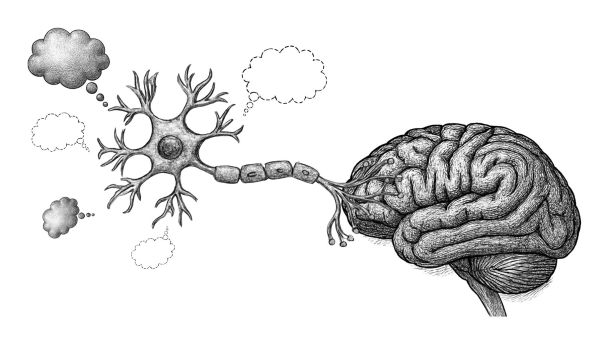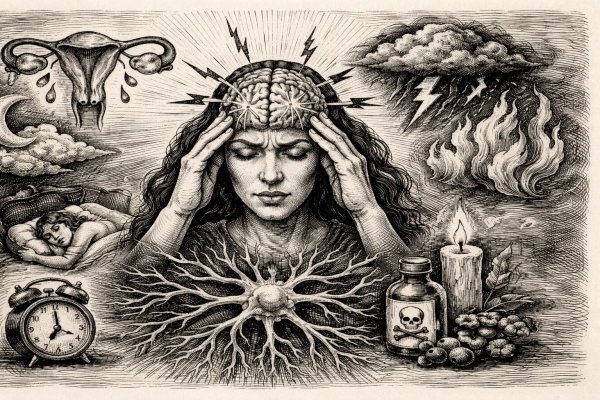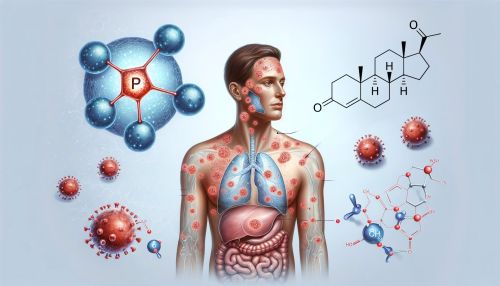Low Progesterone and slightly elevated cortisol
by Michelle
(Arcola, Texas)
Hi there - I'm 35 and will be 36 in August of this year. Back in March 2014, I began suffering from insomnia and this went on for about 3 weeks. After the third week, I went to my primary care who then diagnosed me with stress/anxiety disorder and placed me on Paxil and trazdone.
I did not have any symptoms of anxiety that I could identify with or any stress; however, my doctor said it could be ptsd from past stressful events. I went with it because I was desperate. I continued taking the meds from April until September without achieving any real relief from my insomnia.
Finally, I decided to have my hormone levels tested in September 2014 based on some information I found online that suggested it. I submitted saliva samples thru ZRT Labs and found out that my progesterone level was abnormal with a level of 30 when it should range between 75-270 premenopausal (luteal phase). Also my cortisol was slightly elevated at night at .09. I took this information to my pcp who advised me to continue taking my meds and I will eventually feel better.
I did more research and begin taking daily vitamins and making time to eat at least 3 healthy meals daily because my diet had been fairly poor. With these changes, by late October/early November I was sleeping again . I then weaned myself off the meds with coaching from The Road Back PRogram and was finally off by December 2014. However, I began suffering from anxiety - this time actually feeling anxious and having irrational thoughts and worries in mid to late January 2015. Then the insomnia came back.
I have not had my hormone levels checked again so I'm wondering if any of this could be due to the low progesterone that was never addressed? I started taking vitamins and supplements for natural anxiety treatment but I'm feeling weird, having hot flushes and dizziness in addition to headaches.
I'm afraid my doctor will just put me back on the meds again so I'm reluctant to make an appointment with her.
Any recommendations for me?
Comments for Low Progesterone and slightly elevated cortisol
|
||
|
||
 Memory is the brain’s ability to store and recall information. When this system fails, we experience memory loss, which ranges from mild forgetfulness to severe cognitive impairment such as dementia o…
Memory is the brain’s ability to store and recall information. When this system fails, we experience memory loss, which ranges from mild forgetfulness to severe cognitive impairment such as dementia o… Migraines aren’t just intense headaches — they’re a systemic neurological crisis that disrupts your senses, drains your energy, and derails your life. What most people don’t realize is that women are…
Migraines aren’t just intense headaches — they’re a systemic neurological crisis that disrupts your senses, drains your energy, and derails your life. What most people don’t realize is that women are… Psoriasis is commonly seen as a skin problem — red, scaly patches that itch and flare without warning — but research shows the real driver may be hormonal imbalance deep inside the body, especially lo…
Psoriasis is commonly seen as a skin problem — red, scaly patches that itch and flare without warning — but research shows the real driver may be hormonal imbalance deep inside the body, especially lo… Low libido—whether described as poor sexual desire, low arousal, or hypoactive sexual desire disorder—is a common and complex issue affecting both men and women, shaped by physical, endocrinologic, ne…
Low libido—whether described as poor sexual desire, low arousal, or hypoactive sexual desire disorder—is a common and complex issue affecting both men and women, shaped by physical, endocrinologic, ne…